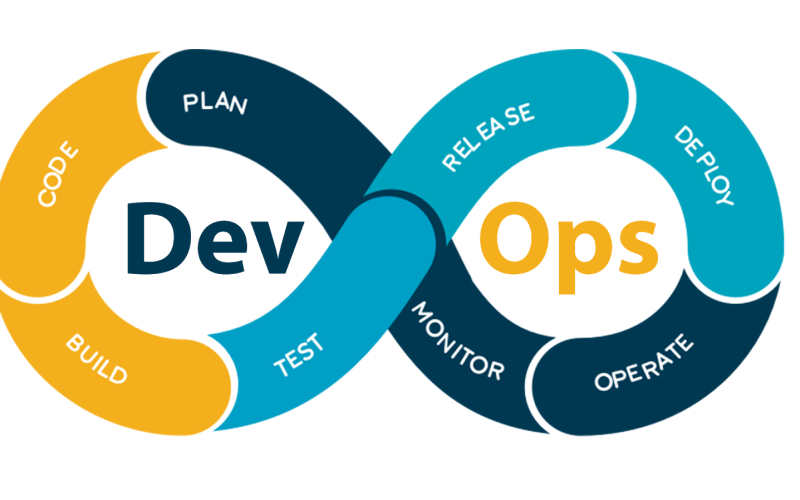Nurturing Continuous Innovation: The Journey of a DevOps Engineer

DevOps Engineers orchestrate seamless collaboration, automating innovation globally. Salaries vary by skill and location.
In the ever-evolving landscape of software development, DevOps Engineers stand as architects of efficiency, fostering collaboration between development and operations teams. This article delves into the core of a DevOps Engineer, explores the pathway to becoming one, outlines key roles and responsibilities, and unveils salary dynamics in India and the US.
What is a DevOps Engineer?
A DevOps Engineer is a skilled professional who embodies the cultural and technical practices of DevOps, aiming to bridge the gap between software development and IT operations. They streamline processes, automate workflows, and enhance collaboration to ensure continuous integration, delivery, and deployment.
How to Become a DevOps Engineer?
Educational Foundations:
While there's no strict educational path, a bachelor's degree in computer science or a related field is advantageous. Certifications such as AWS Certified DevOps Engineer, Microsoft Certified: Azure DevOps Engineer, or Docker Certified Associate can boost credentials.
Skill Development:
- Automation Proficiency: Mastery of automation tools like Ansible, Puppet, or Chef.
- Scripting Skills: Expertise in scripting languages such as Python, Bash, or PowerShell.
- Containerization: Familiarity with containerization tools like Docker and orchestration tools like Kubernetes.
- Version Control: Proficiency with version control systems like Git.
- Cloud Platform Mastery: Understanding of cloud platforms such as AWS, Azure, or Google Cloud.
Professional Experience:
Gaining hands-on experience through internships, participation in projects, or working in related roles like system administration or development is crucial for becoming a proficient DevOps Engineer.
Roles & Responsibilities of a DevOps Engineer:
1. Collaboration Facilitation:
Fostering collaboration between development and operations teams to achieve seamless workflows.
2. Automation Implementation:
Automating manual processes to enhance efficiency and reduce the likelihood of errors.
3. Continuous Integration/Deployment (CI/CD):
Implementing and optimizing CI/CD pipelines for automated software delivery.
4. Infrastructure as Code (IaC):
Using IaC tools like Terraform or CloudFormation to automate infrastructure provisioning.
DevOps Engineer Salary: India vs. US
India:
In India, salaries for DevOps Engineers vary based on experience, expertise, and location. On average, professionals can expect an annual salary ranging from ₹6,00,000 to ₹15,00,000. Specializations in specific cloud platforms or advanced DevOps practices may influence compensation.
US:
In the United States, DevOps Engineer salaries depend on factors like geographical location, industry, and experience level. Generally, annual salaries range from $80,000 to $130,000. Expertise in cutting-edge technologies, leadership roles, or working in tech hubs may lead to higher compensations.
Conclusion:
DevOps Engineers play a pivotal role in fostering innovation, efficiency, and collaboration within the software development lifecycle. Aspiring engineers must focus on continuous learning, stay updated with emerging technologies, and actively engage in DevOps-related projects. The competitive salary structures in both India and the US underscore the demand for expertise in DevOps, making it a dynamic and rewarding career choice in the world of IT.



Write A Comment
No Comments